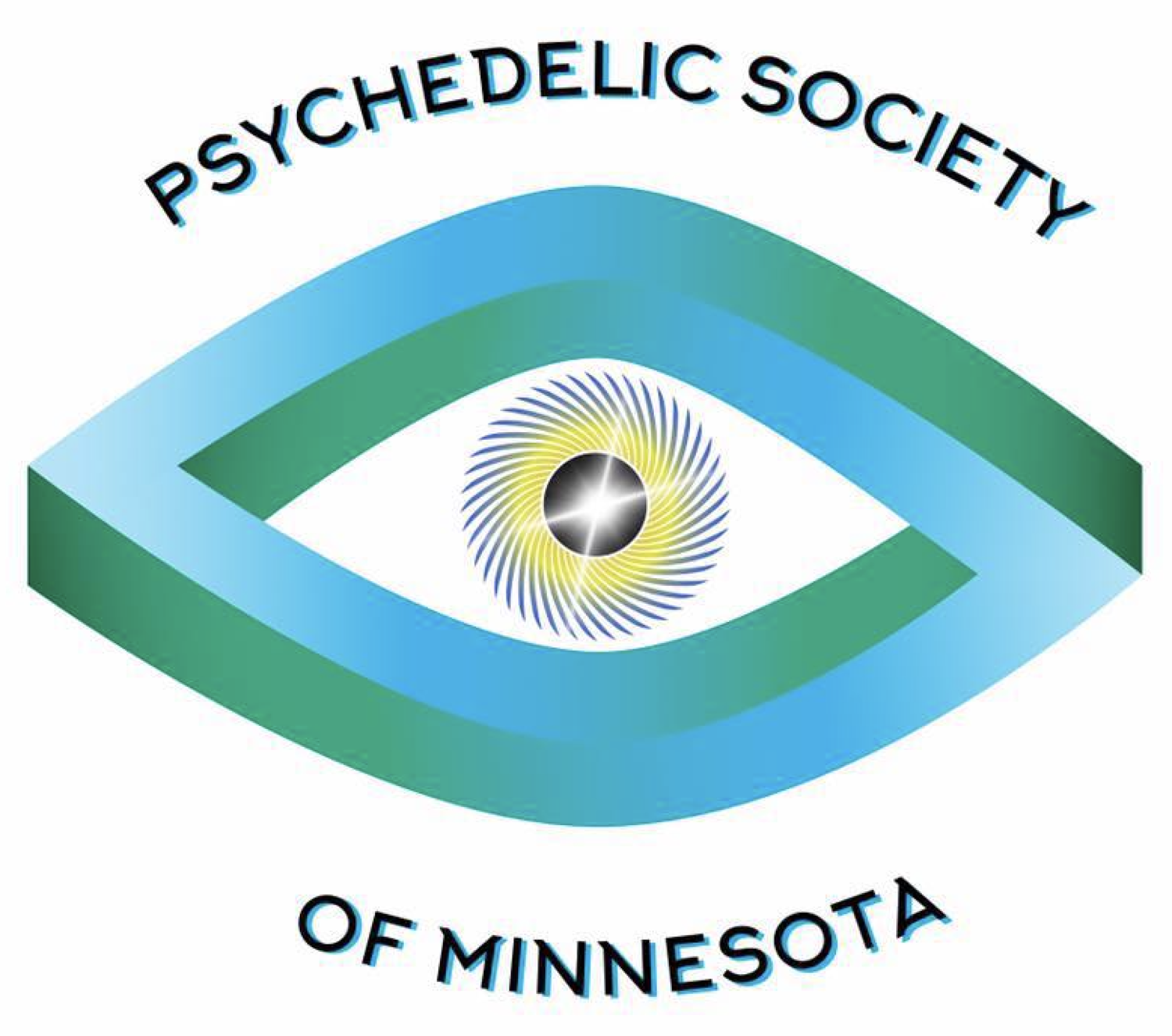Psychedelic Research Organizations
Multidisciplinary Association for Psychedelic Studies (MAPS)
Founded in 1986, the Multidisciplinary Association for Psychedelic Studies (MAPS) is a 501(c)(3) non-profit research and educational organization that develops medical, legal, and cultural contexts for people to benefit from the careful uses of psychedelics and marijuana.
Heffter Research Institute
The Heffter Research Institute was incorporated in New Mexico in 1993 as a non-profit, 501(c)(3) scientific organization. Since its inception, Heffter has been helping to design, review, and fund the leading studies on psilocybin at prominent research institutions in the US and Europe. Our research has explored psilocybin for the treatment of cancer-related distress and addiction, for understanding the relationship between the psychedelic experience and spirituality, and for basic science research into the physiology of brain activity, cognition, and behavior. The Heffter Institute believes that psychedelics have great, unexplored potential that requires independently funded scientific research to find their best uses in medical treatment. We are not an endowed foundation, and so there is a continuous need for funding to support this critical research.
The Beckley Foundation
The Beckley Foundation is a UK-based think-tank and NGO founded and directed by Amanda Feilding. Its purpose is to pioneer psychedelic research and drive evidence-based drug policy reform.
Source Research Foundation
Founded in 2017, Source Research Foundation (SRF) is a 501(c)(3) non-profit research and educational organization that aims to connect, inspire, and support students who study the epidemiology, phenomenology, and the environmental, cultural and clinical contexts of psychedelic use, and to develop a virtual collaboratory of students, scientists, and community members who are passionate about psychedelic science.
International Center for Ethnobotanical Education Research & Service (ICEERS)
ICEERS is dedicated to marshal the forces of the ethnobotanical knowledge of the indigenous peoples and modern therapeutic practice, responding to the urgent need for efficient tools for personal and social development. For thousands of years, indigenous and pre-industrial societies mastered special plant species, known for its psychoactive properties, through religious and ritual use, to address medical, psychological and social issues critical to social relations and survival. The importance and scope of these plant species for the human family, as tools for personal and social development, cannot be overstated.





